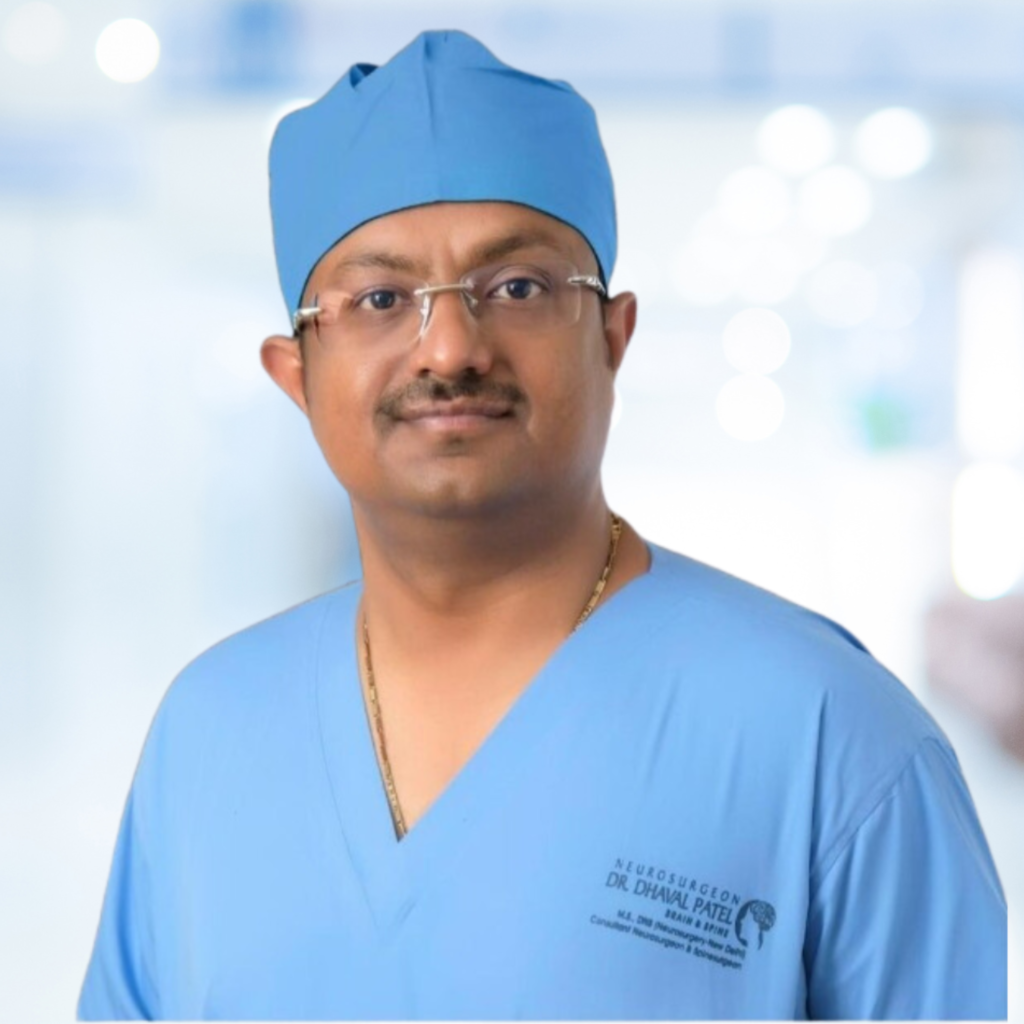- Home
- About Us
- Doctors
- Specialties
- Bariatric Surgery
- Bone Marrow Transplant
- Cancer
- Cardiology
- Cardiovascular And Thoracic Surgery
- Critical Care Medicine
- Dental Surgery
- Dermatology & Cosmetology
- Diabetic Foot Care
- Ear, Nose & Throat
- Endocrinology
- Fetal Medicines
- Gastroenterology
- General Medicine
- General Surgery
- HPB & Gastrointestinal Surgery
- Interventional Radiology
- IVF
- Kidney Transplant
- Laparoscopic Surgery
- Liver Transplant
- Medical And Hemato Oncology
- Neurology
- Neuro & Spine Surgery
- Nephrology And Dialysis
- Nuclear Medicine
- Orthopedic
- Ophthalmology
- Obstetrics And Gynecology
- Pathology Laboratory
- Pediatric
- Peripheral Vascular And Endovascular Surgery
- Physiotherapy and Rehabilitation
- Plastic Reconstruction
- Plastic & Cosmetic Surgery
- Pulmonary Medicine
- Radiation Oncology
- Radiology
- Robotic Surgery
- Surgical Oncology
- Urology
- Facilities
- Patient Area
- Testimonials
- Media
- Contact Us
Cervical Spine Surgery
Crafting Comfort, Ensuring Stability: Expertise in Cervical Spine Solutions
Welcome to Universal Hospital, where we specialize in the diagnosis and treatment of cervical spine conditions through advanced surgical interventions. Our team of skilled cervical spine surgeons and multidisciplinary specialists is dedicated to providing personalized and effective care to improve the function and well-being of our patients.
Conditions Treated with Cervical Spine Surgery:
- Herniated Discs: Surgical interventions to alleviate pressure on spinal nerves caused by a bulging or herniated disc in the cervical spine.
- Cervical Radiculopathy: Surgical procedures to address compression or irritation of nerve roots in the cervical spine.
- Cervical Myelopathy: Surgery to relieve pressure on the spinal cord in the cervical region, often caused by degenerative changes.
- Spinal Stenosis: Procedures to widen the spinal canal and alleviate pressure on the spinal cord and nerves in the cervical spine.
- Cervical Spondylosis: Surgical options to address degenerative changes in the cervical spine, including bone spurs and disc degeneration.
- Cervical Spine Fractures: Stabilization and realignment of fractured vertebrae in the cervical spine through surgical interventions.
Types of Cervical Spine Surgery:
- Anterior Cervical Discectomy and Fusion (ACDF): Removal of a damaged disc and fusion of adjacent vertebrae to stabilize the spine.
- Cervical Disc Replacement: Replacement of a damaged cervical disc with an artificial disc to maintain motion in the spine.
- Posterior Foraminotomy: Surgical enlargement of the neural foramen to relieve pressure on nerve roots.
- Cervical Laminectomy: Removal of the lamina to decompress the spinal cord and nerve roots.
- Cervical Laminoplasty: Creating more space within the spinal canal by reconstructing the lamina.

How Cervical Spine Surgery Works:
- Preoperative Evaluation: Comprehensive assessments, including imaging studies, are conducted to precisely diagnose the cervical spine condition.
- Patient Consultation: Detailed discussions with patients to explain the diagnosis, surgical options, and expected outcomes.
- Surgical Intervention: Depending on the condition, the surgeon performs the appropriate cervical spine procedure to address the issue.
- Postoperative Care and Rehabilitation: Meticulous postoperative care, including physical therapy, to support the patient’s recovery and rehabilitation.
Advantages of Choosing Universal Hospital for Cervical Spine Surgery:
- Expert Cervical Spine Surgeons: Our team includes highly skilled and experienced spine surgeons dedicated to providing the highest standard of care for cervical spine conditions.
- Advanced Technology: Universal Hospital is equipped with state-of-the-art imaging and surgical technology for precise and effective cervical spine surgeries.
- Multidisciplinary Collaboration: We collaborate with other medical specialists to ensure comprehensive care for patients with complex cervical spine conditions.
- Patient-Centered Care: We prioritize open communication, involving patients in their treatment plans, and addressing their unique needs and concerns.


